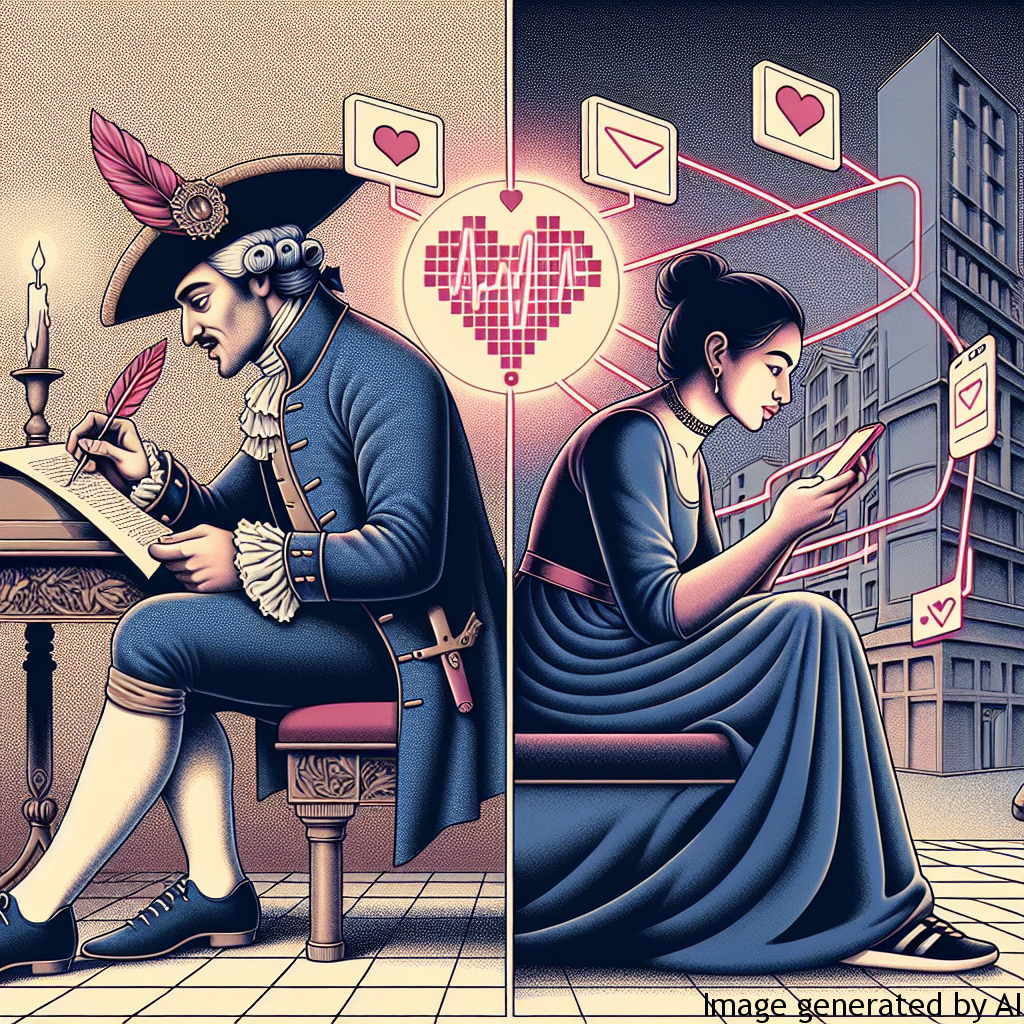Introduction
The name Casanova has over the years become synonymous with the art of seduction, desire, and charm, a legacy of the famous Italian adventurer and writer, Giacomo Casanova. His approaches to romantic and sexual escapades, from the 18th century, still manifest in today’s modern world, especially in the context of dating applications. While his influence is evident, it also raises questions about the subsequent expectations and gender roles intertwined in the fabric of these applications, affecting men’s psychological health.
Gender Expectations and their Influence on Men’s Mental Health
Within dating ecosystems, like the ones fostered by apps such as Tinder, Bumble, and PlentyOfFish among others, the Casanova archetype often re-emerges. There’s an undercurrent of expectation for men to embody this particular image – the charming, confident, irresistible lover.
The Pressure to Perform
Such expectations exert immense pressure on men to perform and inherit a character which they may not naturally possess, leading to stress, anxiety, and in severe cases, depression. They perpetuate harmful stereotypes that push for toxic masculinity, where men are expected to be the dominant partner or risk criticism for not following ‘traditional male roles’.
Rejection and Self-Worth
Additionally, the often-casual nature of dating apps can lead to repeated rejections, which can have damaging effects on self-esteem and mental health. When men are expected to take on the role of the initiator, the repeated rejections can lead to feelings of inadequacy and decreased self-worth.
Examples of How Gender Roles Can Affect Men’s Lives
The societal perception that men must always be the initiator or dominant player contributes significantly to mental stress and an inability to express vulnerabilities. For example, men may feel compelled to hide their emotions or personal struggles due to fear of appearing weak, which hampers their ability to seek help when needed. This could potentially lead to the development of destructive coping behaviors such as substance abuse.
Furthermore, the pressure to fit into the Casanova stereotype can cause professional harm. Research has shown a correlation between higher levels of perceived masculinity stress and reduced job satisfaction and performance. Hence, it is imperative to address these pressures and provide men with healthier ways to engage in dating culture.
Tips to Enhance Mental Health Bearing in Mind Gender Roles
For men caught in the pressures of ascribed gender roles, it is essential to remember that strength does not only lie in Dominance but also in Honesty, Authenticity, and Emotional Intelligence. Working towards adopting these traits can lead to better communication, fewer misunderstandings, and ultimately healthier relationships.
Practising self-love and acceptance, focusing on personal compatibility rather than societal expectations, and seeking professional help when needed, are also fundamental steps should the pressure become overwhelming. Men’s mental health should not be put second to dating or societal standards.
Conclusion
While Casanova’s influence on modern dating apps is remarkable, it’s essential to acknowledge the potential harm caused by the expectations stemming from this influence. It’s crucial for society to foster more accepting and tolerant spaces for men, where they can be themselves, free from stereotypes, and reduce the undue pressures that various forms of media, like dating apps, exhibit. This cultivates healthier dating dynamics and improves mental health wellness for all.

